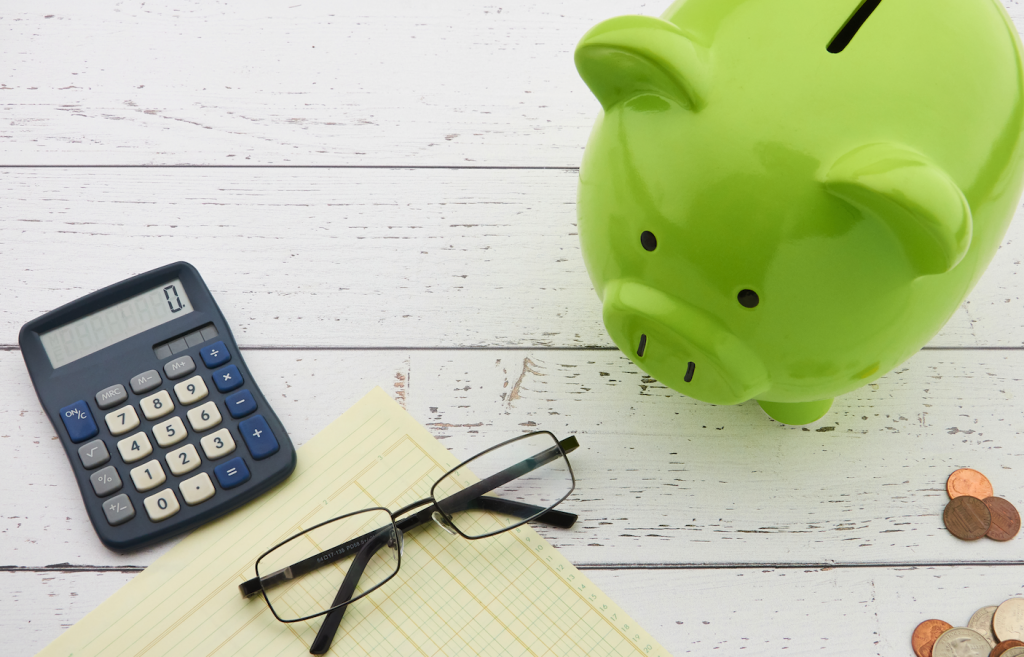Saving towards purchasing a home is hard work. Generally you need a substantial deposit before applying for a home loan. A significant portion of this deposit will be from your personal savings. If you are a first home buyer some of your deposit may come from Kiwi Saver or other grants. But what do you do with those savings that are sitting in your bank account? Shopless has investigated what people can do with their money in that interim period, before purchasing your house.
High Interest Savings Account
High interest savings accounts are there for the purpose that you will receive a higher interest, but want to keep the savings accessible. These savings accounts are a better option if you need a savings account that you are not regularly using. However, these higher interest savings accounts tend to have higher fees connected to them. For example, if you took the bulk savings out of the account one time you would not get charged. However, if you used the savings account several times in a month there would be a penalty fee. Putting your money in a savings account can be a deterrent for you to not take those savings out of the account.
Some sources suggest that placing your savings in a high interest savings account will not get you the desired yield you are seeking. In an opinion piece on Stuff in 2021, the article suggested you could be making as little as .70c from interest in a year, in a ‘high interest’ account. However this is dependent on your bank, as often smaller banks will provide much higher interest in their savings accounts. If this is the option you are considering, when keeping your mortgage savings secure, then it is important to research the return rate and fees associated with your bank before choosing your savings account.
Consider a Term Deposit
Most banks will have a term deposit scheme that you can place a portion of your savings in for a set term. With a term deposit the money is locked into a deposit account for a chosen period of time. This could be anywhere between 3 months to 5 years. During that chosen period of time the bank account owner is unable to access the deposited money. So if you are considering this option it would be recommended to keep some savings aside in your bank account, as emergency savings.
In general term deposits are less risky than investments. Particularly if you want to use the sum of money to purchase a home in the near future. Term deposits offer a higher return on interest than just leaving a lump sum of money in your savings account. A term deposit potentially provides a better option than holding on to these savings. Because the interest rate tends to be higher than in a bank account it also restricts accessibility for you as a spender. So that you are not dipping into these savings for the requested term that it is deposited.
Top Up Your Kiwi Saver
If you are a first home buyer then you might want to consider contributing more to your Kiwi Saver. There is no real benefit to contributing more over a short period of time, but if your purchase is further away it is a good option. You can also consider the government matching scheme if you do not regularly deposit money into Kiwi Saver. This is where you would need to put up to $1042.86 for the government to match your contribution at. This is matched at .50c per $1.00 contributed, a total of $521.43 per year added to your account.
Kiwi Saver is a managed fund investment scheme. Therefore if you are looking to put your money into investments, contributing more to Kiwi Saver might be a good option for you. You have the option of a higher contribution taken from your general income. These options include 3%, 4% or 8% of your pre-tax income. Additionally you can also put voluntary contributions into this scheme. Another article suggests, putting more into Kiwi Saver over a period of time builds better saving habits and better success saving for a home.
Look into Investing
Purchasing a property is considered an investment, so why not in the meantime consider investing a portion of your savings elsewhere?
If you estimate that your home purchase is more than 3 years away, investing could be a good option for you. Bear in mind that it is important to be cautious when investing. You need to understand that there are risks involved in investments. However if you are uncomfortable or unsure about investments, there is also a lot of information available. There are all sorts of options for investments, from term deposits (as mentioned earlier) to bonds and shares. There are also options to help you manage your investments such as NZ investing sites with pre-made investment plans. They offer an element of experimentation with your investments. Additionally there are also financial consultants that will help to advise where to put your money. In particular if you have a projected time frame in which you want to re-access the home purchase money.
If you think that investing is the best option, it is important to source books and articles that will help appropriately invest those savings. The American site ‘Investopia’ provides a good insight into the basics of investing. But we recommend taking your time and doing sufficient research, before placing your savings in investments.
Shopless has offered an insight into what you could do with your money while saving towards a home. If you are looking to make that move, and find the property of your dreams. Or you are looking to list your home in the current market. Make sure to check out the property section of Shopless, here.
